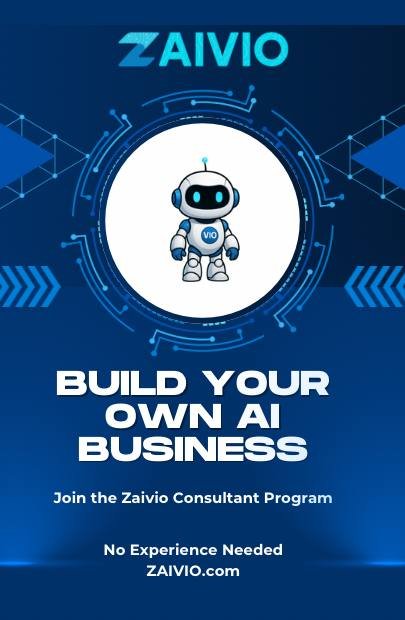Leveraging Artificial Intelligence to Generate Revenue for Your Business
Artificial intelligence (AI) is no longer just a buzzword but a practical tool that can drive significant revenue for businesses across various industries. By integrating AI into your business operations, you can enhance product offerings, optimize operational efficiency, and improve customer engagement. Here, we explore specific AI tools and strategies that have been successfully implemented in similar industries, along with potential return on investment (ROI) figures to consider.
Enhancing Product Offerings with AI
AI can transform your product offerings by adding innovative features that anticipate and meet customer needs more effectively. For instance:
- Personalization Engines: Using AI-driven algorithms to analyze customer data and provide personalized recommendations can significantly increase conversion rates. Companies like Amazon and Netflix use personalization engines to suggest products and movies, which not only enhances user experience but also boosts sales.
- Quality Control: AI systems can be employed to monitor and optimize the quality of manufacturing processes in real-time, reducing waste and improving product quality. In industries such as manufacturing, AI-assisted robots and sensors are used to detect defects that are not easily visible to the human eye.
Optimizing Operational Efficiency
AI can streamline operations and reduce costs by automating routine tasks and optimizing business processes:
- Robotic Process Automation (RPA): RPA tools can automate repetitive tasks such as data entry, invoicing, and customer onboarding. This not only speeds up processes but also frees up your staff to focus on more strategic tasks. Businesses have reported up to a 50% reduction in operational costs after implementing RPA.
- Supply Chain Optimization: AI algorithms can predict market demands and optimize inventory levels, reducing overstock and out-of-stock situations. By integrating AI with your supply chain management system, companies like Walmart and Procter & Gamble have seen improvements in inventory management and a reduction in costs.
Improving Customer Engagement
AI can also play a crucial role in enhancing customer engagement and loyalty:
- Chatbots and Virtual Assistants: AI-powered chatbots can handle customer inquiries 24/7, providing immediate responses and freeing up human resources for more complex issues. Organizations using AI chatbots have seen an increase in customer satisfaction and engagement.
- Customer Insights: AI tools can analyze customer data and feedback to provide actionable insights, helping businesses tailor their marketing strategies and improve customer experiences. This leads to better customer retention and acquisition rates.
Measuring the ROI of AI Implementations
While the benefits of AI are clear, measuring the ROI involves considering both the direct and indirect contributions of AI technologies. For instance:
- Cost Reduction: AI can significantly reduce costs through automation and improved efficiency. For example, implementing AI in customer service can reduce labor costs and decrease response times.
- Revenue Growth: By enhancing products and customer service, AI can help drive sales. Personalization engines have been shown to increase sales by up to 10% in e-commerce settings.
- Customer Lifetime Value: Improved customer engagement and personalized experiences foster loyalty, which in turn increases the lifetime value of customers.
Conclusion
Incorporating AI into your business operations can not only enhance your product offerings and operational efficiency but also significantly improve customer engagement. By understanding and implementing the right AI tools and strategies, you can achieve a competitive edge and realize substantial ROI. As AI technology continues to evolve, staying abreast of new developments and applications will be crucial for ongoing business success.












